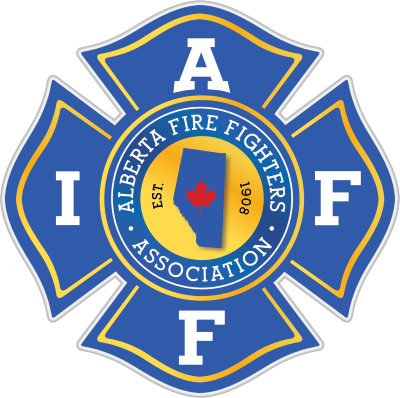Alberta Mental Health Clinicians
If you are in need of a list of Alberta Mental Health Clinicians, and their websites, please download that (in MS Excel format) list by clicking here.
Occupational Awareness Training for Therapists
Understanding First Responder Trauma
Who Should Take this Course?
This course is designed for any mental health professional interested in expanding their skill set in treating fire fighters within a clinical setting. While this course has been designed with fire fighters in mind, much of the course content may be helpful for clinicians working with other first responder professions, which may include police officers, paramedics, dispatchers and corrections staff.
Two-Day Intensive Course Goals:
Familiarize therapists with the daily routine of professional fire fighters including overviewing the nature of emergency responses and call volume.
- Assist clinicians in understanding the modern challenges of firefighter subculture.
- Increase clinician confidence and competency in developing a sustained working relationship with firefighter clients, leading to lasting retention and goal achievement.
- Overview the latest neuroscience research and clinical implications of trauma exposure.
- Familiarize therapists with common coping strategies that fire fighters utilize.
- Assist clinicians in recognizing the signs and symptoms of maladaptive responses and ineffective coping strategies from a first responder culturally-specific perspective.
- How to enrich therapeutic effectiveness through understanding Peer Support Programs.
Suicide Prevention and Support
From the Fire Personnel Handout -Suicide (EAP) document:
-1586368021.jpg) As a retired Fire Chief once said, “To be in this business, everybody thinks you have to have thick skin and be tough. The main thing I always tell people is, you have to have compassion.”
As a retired Fire Chief once said, “To be in this business, everybody thinks you have to have thick skin and be tough. The main thing I always tell people is, you have to have compassion.”
Firefighter suicide shakes the very core of the fire service, and its impact can be emotionally and mentally impacting, even debilitating, for those who are left behind to grieve. There are many myths and misconceptions surrounding suicide that must be addressed and debunked. These include:
- Suicide is a sign of weakness.
- People who commit suicide have no “guts.”
- The family of the deceased should be ashamed or embarrassed.
- Someone who committed suicide took the “easy way out.”
- The person should have asked for help.
- The person was/is looking for attention.
Download the Suicide Handout to read the entire document.






